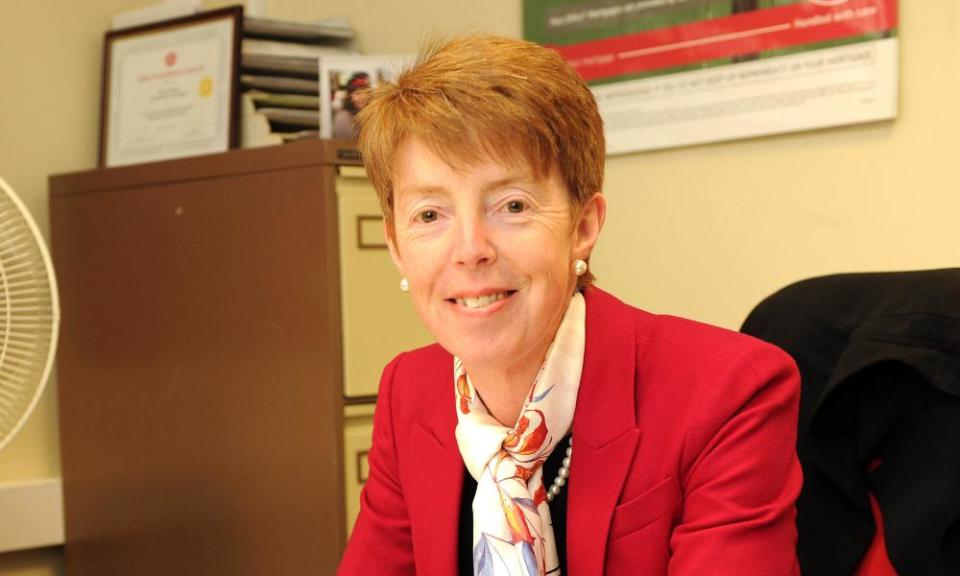Post Office’s aggressive pursuit of staff casts shadow over ex-boss’s tenure

When the Rev Paula Vennells stepped down as chief executive of the Post Office in February 2019, she walked away nearly £5m richer.
As Vennells made for the exit, hundreds of loyal employees were still falsely branded thieves by the business that many of them had given their lives to.
Under the seven-year leadership of Vennells, an Anglican minister, the Post Office had relentlessly pursued subpostmasters and subpostmistresses for alleged offences such as theft and false accounting.
Related: Court clears 39 post office workers convicted due to ‘corrupt data’
The missing money turned out to be the result of nothing of the sort, and instead owed to a glitch in the company’s IT system, named Horizon.
More than 900 employees were prosecuted, many of them were wrongfully convicted and their reputations in local communities were destroyed. Some died before their name could be cleared. Those that were left had a wearying legal fight on their hands against a deep-pocketed employer.
The outlook for Vennells, a minister at the Church of St Owen near Bedford, in the diocese of St Albans, was rather brighter. She had turned the Post Office from a basket case, making annual losses of £120m, into a modern and profitable business – an impressive turnaround achieved inside seven years. She was awarded a CBE for “services to the Post Office and to charity”.
Shorty after her departure she took up a new post as chair of Imperial College Healthcare NHS trust, which runs several London hospitals. She was also appointed as a non-executive director at the Cabinet Office, joined the board of furniture firm Dunelm, and retained her seat in the boardroom at the supermarket chain Morrisons. Her roles with the NHS, Dunelm and Morrisons, the latter two part-time, were worth £174,000 a year.
At the end of 2019, 10 months after Vennells’ exit, 555 Post Office workers reached a settlement with the company, which admitted it had “got things wrong”. For the subpostmasters, the £58m settlement cost was worth about £20,000 each.
The Post Office has admitted that the final bill could escalate to more than £300m, a cost that the taxpayer is likely to have to fund, leaving Vennells’ turnaround of the Post Office looking a little less like a financial success story.
One reason that the cost of the scandal has run into the hundreds of millions of pounds is the vigour with which the Post Office continued to pursue its staff, even in the face of mounting evidence that they had done nothing wrong.
Much of that unwavering legal aggression occurred under Vennells’ seven-year tenure. At the high court, Mr Justice Fraser said the company had simply ignored the reality of what had happened, effectively “maintaining that the Earth is flat”.
The Conservative peer James Arbuthnot described the Post Office’s actions under Vennells’ tenure as “cruel and incompetent”.
Yet it was not until Friday, more than two decades after the prosecutions first began, that dozens of staff finally had their criminal convictions overturned, clearing their names once and for all.
Vennells has since said she is “truly sorry” and has quit her positions with the NHS and the Cabinet Office. She retains her corporate roles with Morrisons and Dunelm. She also remains a member of the Church of England’s ethical investment advisory group.

 Yahoo Finance
Yahoo Finance 